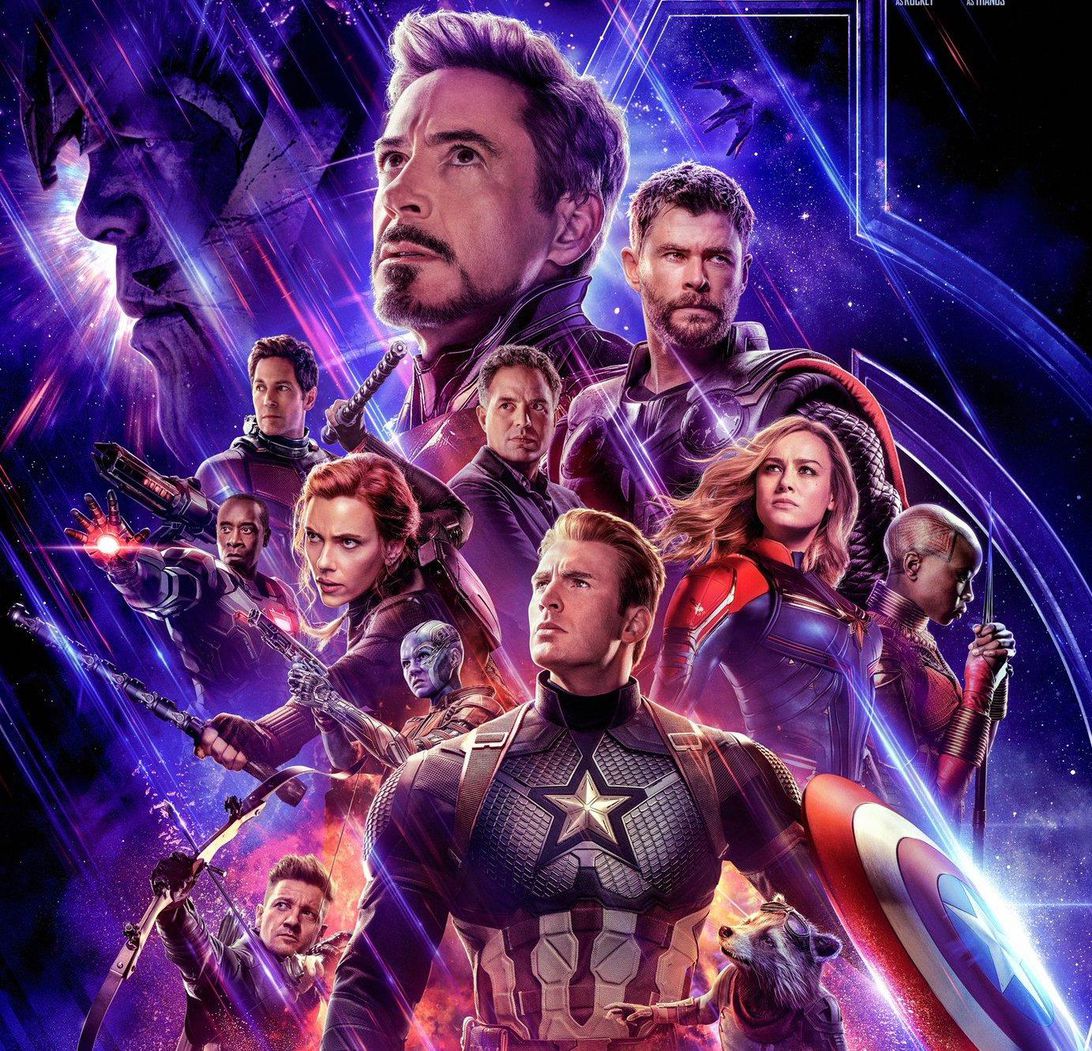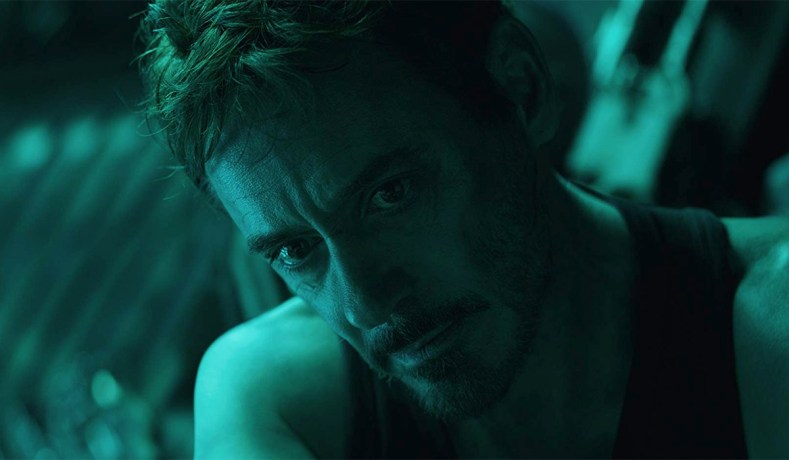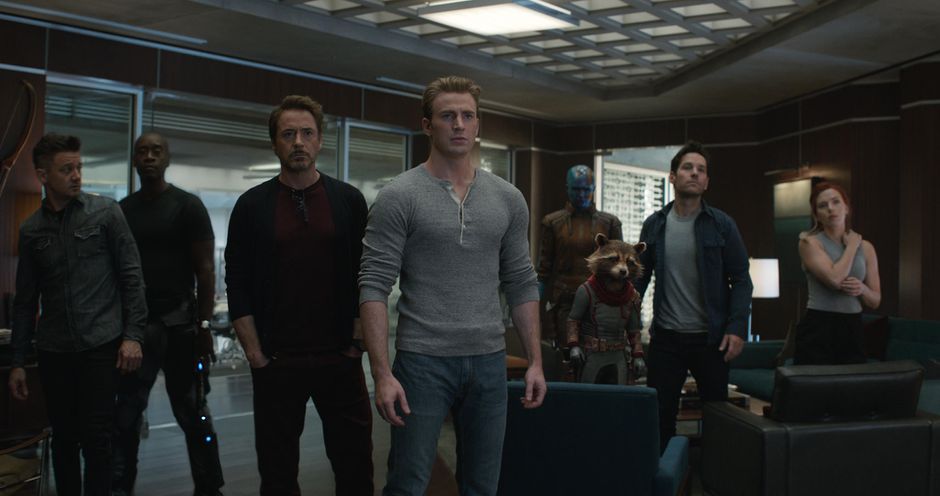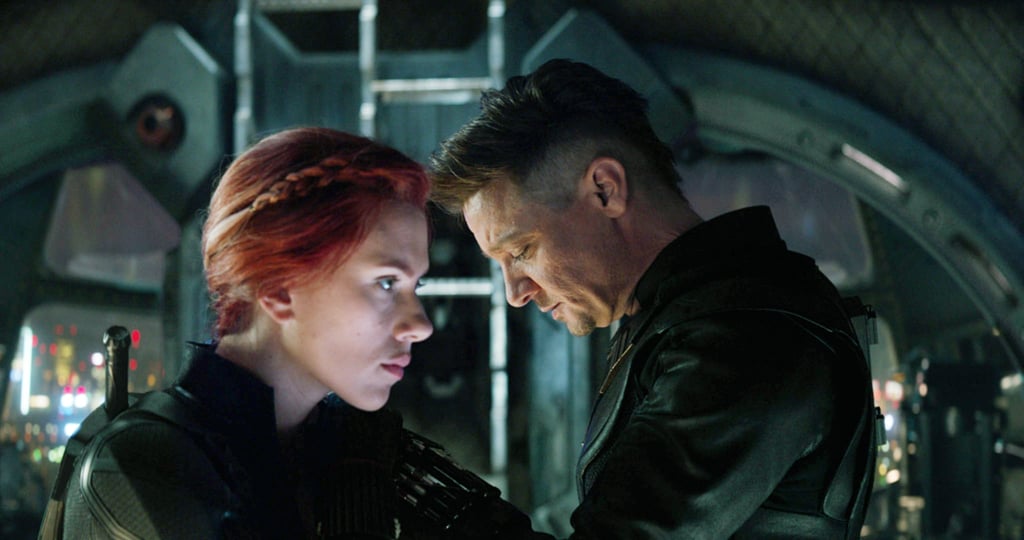
By Jacob Sahms
Comic book fans have waited for twelve years and twenty-two films to get to this moment: the stunning conclusion of Marvel’s rebirth as a film universe, with well-known heroes like Spider-Man and Captain America, Iron Man and Thor, and a growing pantheon of lesser-known characters who have become household names, like Guardians of the Galaxy, Captain Marvel, and Black Panther. But in the epic, three-hour-long conclusion to the story arc, audiences should be prepared to laugh, cry, cheer, and reflect on the power of our stories, and our own capacity for love and hope.
 To be fair, audiences who have seen Avengers: Infinity War knew that the opening of Endgame would be similar to the first salvo in Return of the Jedi: we know Luke is down a hand, that Han is in ice, and that the Empire has all of the momentum. But in Endgame, the focus is on the various reactions of our heroes: how are they handling their grief? The stages of grief (denial, anger, depression, bargaining, acceptance) are nearly played out in terms of the remaining Avengers for the audience to see. If we’re honest, we can recognize that the drunkenness of Thor, the anger of Hawkeye, the acceptance of Tony Stark are all places we’ve been – and yet none of them are truly healthy without closure.
To be fair, audiences who have seen Avengers: Infinity War knew that the opening of Endgame would be similar to the first salvo in Return of the Jedi: we know Luke is down a hand, that Han is in ice, and that the Empire has all of the momentum. But in Endgame, the focus is on the various reactions of our heroes: how are they handling their grief? The stages of grief (denial, anger, depression, bargaining, acceptance) are nearly played out in terms of the remaining Avengers for the audience to see. If we’re honest, we can recognize that the drunkenness of Thor, the anger of Hawkeye, the acceptance of Tony Stark are all places we’ve been – and yet none of them are truly healthy without closure.
 Closure is what the Russo brothers deliver in Endgame even if it’s a mixed bag of what we expect and surprises we don’t see coming. But while the Marvel “formula” is reasonably standard in all of the films, it still holds truth the great formula that Christians see echo from the Scripture: evil may exist and even appear to be winning, but good will rise. (In light of Easter, we might even see the resurrection power of second chances and conquering death.) For the Avengers, their persistence for those who fell to the power of “the snap” in Infinity War proves to be sacrificial, powerful, and even exemplary in the way that it ripples out to prove bravery and redemption in others who are watching in their fear and uncertainty. The Avengers prove to be both the teachers (by example) and the liberators (in action), similar to the Biblical example of Jesus’ action in life and ministry and his teaching. [It’s not simply enough to talk about evangelism, in this case the good news of hope and love, but it must be acted upon, lived out, and, sometimes, died for.] While Thanos’ evil may be inevitable, the Avengers’ willingness to do good and redeem those who are lost (from a ‘sin’ perspective or an interdimensional one) shows that love cannot be simply erased.
Closure is what the Russo brothers deliver in Endgame even if it’s a mixed bag of what we expect and surprises we don’t see coming. But while the Marvel “formula” is reasonably standard in all of the films, it still holds truth the great formula that Christians see echo from the Scripture: evil may exist and even appear to be winning, but good will rise. (In light of Easter, we might even see the resurrection power of second chances and conquering death.) For the Avengers, their persistence for those who fell to the power of “the snap” in Infinity War proves to be sacrificial, powerful, and even exemplary in the way that it ripples out to prove bravery and redemption in others who are watching in their fear and uncertainty. The Avengers prove to be both the teachers (by example) and the liberators (in action), similar to the Biblical example of Jesus’ action in life and ministry and his teaching. [It’s not simply enough to talk about evangelism, in this case the good news of hope and love, but it must be acted upon, lived out, and, sometimes, died for.] While Thanos’ evil may be inevitable, the Avengers’ willingness to do good and redeem those who are lost (from a ‘sin’ perspective or an interdimensional one) shows that love cannot be simply erased.
 The laying one’s life down for one’s friends is called for with finality, in a way that doesn’t always leave us warm and fuzzy with a happy ending. But there’s also the case that the good and faithful servant requires rest from their labor. In a well-worked way, Avengers: Endgame proves to be more realistic in its conveyance of what it means to be human and heroic than any other superhero film before it. It makes the “grace” of the sacrifice matter rather than cheapening it out with some simple plot twist. Showing the audience what love and hope are is one thing, but showing the sacrifice to make them a reality is quite another.
The laying one’s life down for one’s friends is called for with finality, in a way that doesn’t always leave us warm and fuzzy with a happy ending. But there’s also the case that the good and faithful servant requires rest from their labor. In a well-worked way, Avengers: Endgame proves to be more realistic in its conveyance of what it means to be human and heroic than any other superhero film before it. It makes the “grace” of the sacrifice matter rather than cheapening it out with some simple plot twist. Showing the audience what love and hope are is one thing, but showing the sacrifice to make them a reality is quite another.
 Ultimately, this story from Christopher Markus and Stephen McFeely, who wrote the screenplays for the Chronicles of Narnia films, may prove to be the most Christian of Marvel movies yet.
Ultimately, this story from Christopher Markus and Stephen McFeely, who wrote the screenplays for the Chronicles of Narnia films, may prove to be the most Christian of Marvel movies yet.




